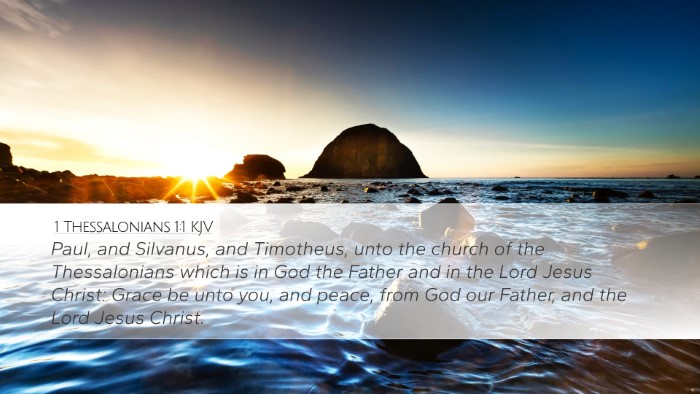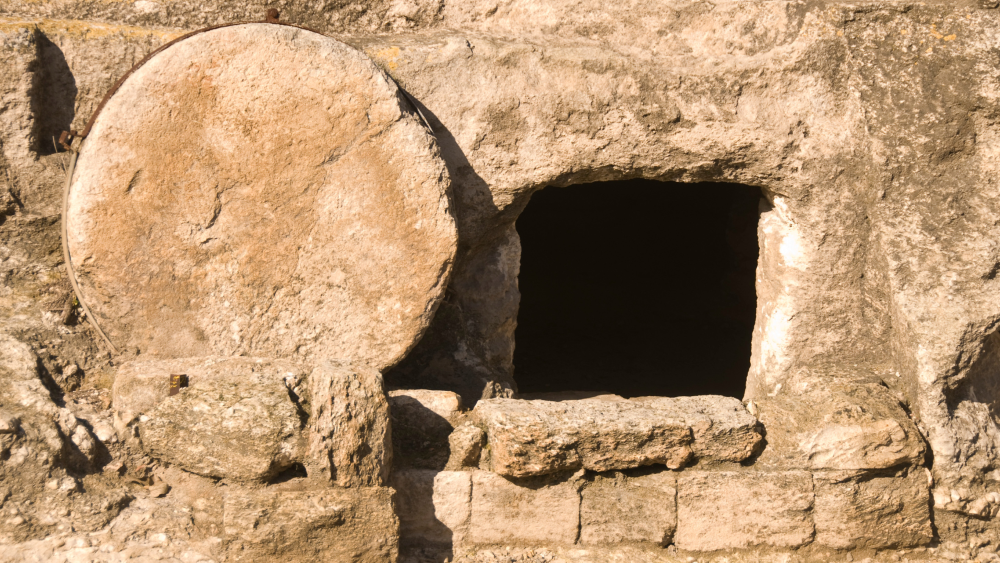FAITH, LOVE, AND HOPE
In our message, FAITH, LOVE, AND HOPE (1 Thes. 1:1-5), we started a new series on the book of 1 Thessalonians.
The Apostle Paul founded the church in Thessalonica on his second missionary journey in LESS THAN FOUR WEEKS after heeding the call from the Holy Spirit to preach in that region of Macedonia (Acts. 16:6-10; Acts 17:2). Thessalonica was the regional capital of that Roman province, numbering about 200,000 inhabitants to include Greeks, Roman citizens, and a strong Jewish minority with its own “synagogue” (Acts 17:1).… Continue reading





